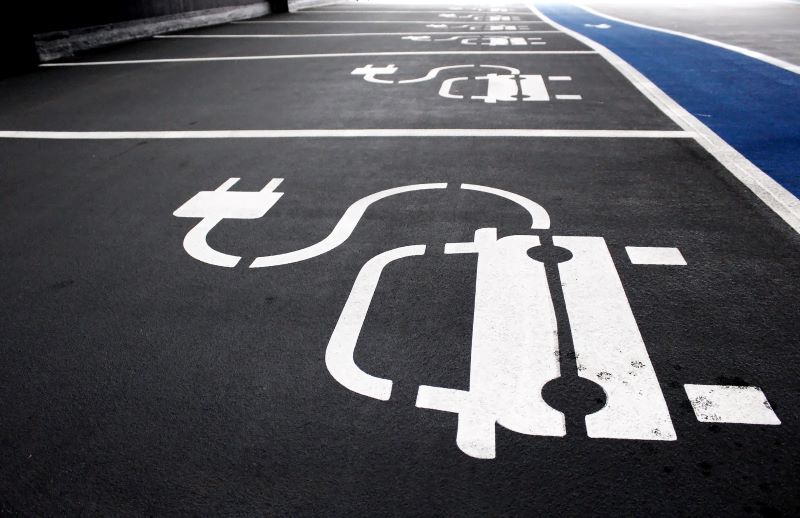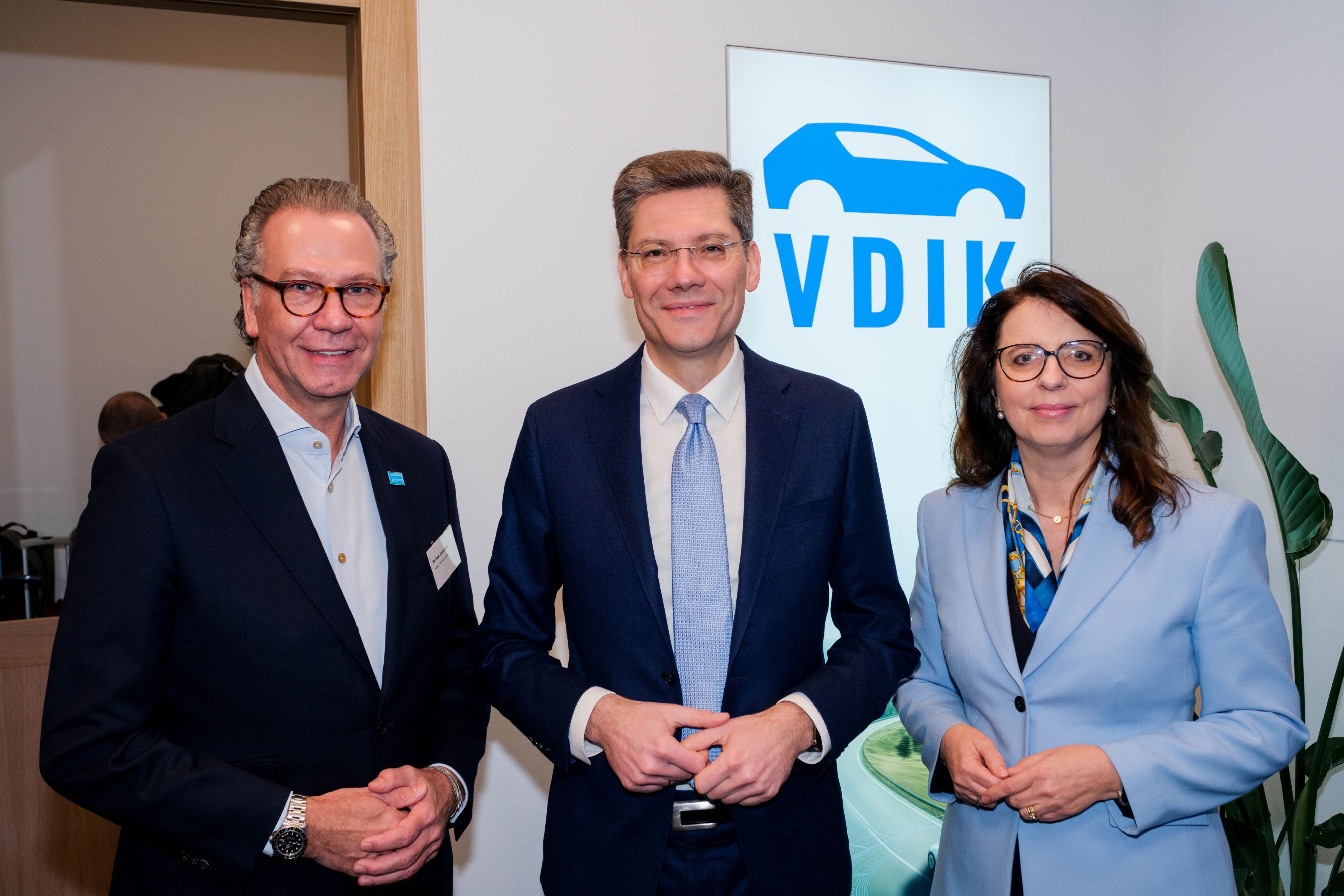The Association of International Motor Vehicle Manufacturers (VDIK) is shocked by the German government’s announcement that it does not intend to implement the planned reduction in the electricity tax for consumers from the coalition agreement after all. This decision is a further stumbling block for the ramp-up of electromobility.
“The reduction in electricity tax for private customers was clearly promised in the coalition agreement. Now there is no longer any mention of this either in the 2025 federal budget or in further financial planning. With the sudden reversal of the planned reduction, the federal government is continuing the lurching course on electromobility that the previous government initiated with the abrupt end of the environmental bonus in 2023,” says VDIK President Imelda Labbé.
In a recent survey by Deutsche Automobil Treuhand (DAT), 57% of respondents stated that reduced and standardized electricity prices were more important than a subsidy on the purchase price. For example, the introduction of a charging card with electricity credit, as is currently being discussed, could also bring about significant standardization when charging at public charging points.
“Electricity costs play a decisive role for electric cars. That is why the price of electricity must be reduced to at least the average European level. The average energy costs per km must not be more expensive than for comparable combustion vehicles. With the withdrawal of the German government, one of the most important impulses for switching to climate-neutral electric vehicles has been lost,” continued Labbé.





